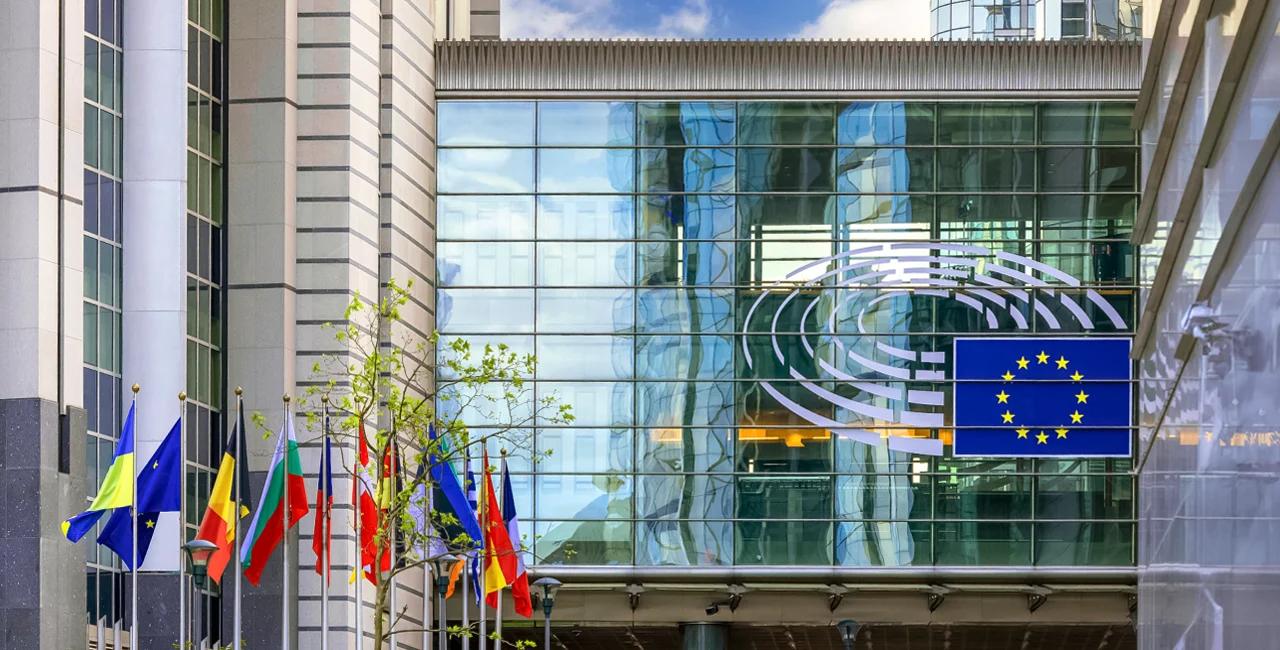Today is the final day for Czech political parties and candidates to register to stand in the 2024 European Parliament (EP) elections, which will take place on June 7 and June 8 in Czechia.
Twenty-six electoral groups, consisting of both coalitions and parties, are vying to appear on the Czech ballot for the elections. A total of 21 Czech EP members (MEPs) will be elected to the EU’s largest legislative body, out of 705 in total (though this number will rise to 720 after the 2024 election).
Why does it matter?
The European Parliament is the only directly elected body of the EU. The European Commission drafts laws, which the EP then votes on. The EP also has a role in creating new laws. The transnational political party – grouped by ideology and political alignment – with the highest number of seats has the biggest mandate and voting power for passing new laws, which apply to every EU country.
The parliament, comprising MEPs and national government representatives, influences daily life by deciding on issues like the economy, poverty, climate change, security, and other aspects. It also approves the budget, elects the president of the European Commission, and ensures the democratic legitimacy of the European law.
🇪🇺 Rising support for the far right and a collapse for Greens and Liberals won’t change the fundamental MEP arithmetic after June elections, a groundbreaking Euronews/Ipsos survey has found.
— euronews (@euronews) March 19, 2024
The survey polled 26,000 people, in countries representing 96% of the EU population.
Examples of umbrella political parties in the EU include the European Conservatives and Reformists, to which Czechia's major coalition party the Civic Democrats (ODS) belongs, and Renew Europe, of which Czechia's largest opposition party ANO is a part.
Not all coalition parties will run together
The Spolu (Together) coalition will feature on the ballot, consisting of three incumbent government parties: ODS, Christian Democrats, and TOP 09.
Of the other two parties currently ruling in Czechia’s domestic government, the Pirates will stand alone, and the Mayors and Independents party will be a part of the Mayors and Personalities for Europe coalition – led by economist and former presidential candidate Danuše Nerudová – alongside a regional Liberec movement.
Right-wing, left-wing parties unite
Largest opposition party ANO, which is populist by nature, will stand alone in the Czech EP elections, and the right-wing Freedom and Direct Democracy party has joined forces with the Tricolor political movement, which has a similar right-wing, migrant-sceptic ideology. The right-wing Law, Respect, Expertise party, responsible for recent anti-government mass protests, will also stand alone.
The Social Democracy party, Czechia’s largest left-wing party, will seek to regain a spot in the EP, with former Foreign Affairs Minister Lubomír Zaorálek running. The Communist Party of Bohemia and Moravia will run in a coalition (named “Enough!”) along with smaller leftist parties: the Union of Democrats – Association of Independents, and the Czech National Social Party.
Other smaller, more fringe parties include the anarcho-capitalist Do not Choose Urza.cz, which tells its voters that it rejects all political functions, and the Democratic Green Party – For Animal Rights group.
Voting by preference on the ballot
People voting in the EP elections in Czechia will choose from a list of political parties and coalitions, such as those mentioned above, which politicians will represent.
PARTNER ARTICLE
For the EP elections, Czechia uses a preferential voting system, meaning that voters can rank their choices. A party or coalition must gain at least 5 percent of the vote to secure a seat in the EP.
What current polls say
A recent opinion poll by Ipsos shows that opposition ANO has the greatest support, with about 26 percent of respondents saying they would vote for the party. The Together coalition would get 21.6 percent of the vote, and the Mayors and Personalities for Europe is currently the third-most popular option, with 13 percent of the vote. The Pirates trail behind, with 11 percent support.
ANO won the highest vote share in the 2019 (most recent) election, with 21 percent of the vote and six seats. ODS won 15 percent and is defending four seats, and the Pirates currently have three MEPs. Turnout for the 2019 EP elections in Czechia was at under 29 percent.












 Reading time: 3 minutes
Reading time: 3 minutes 




























